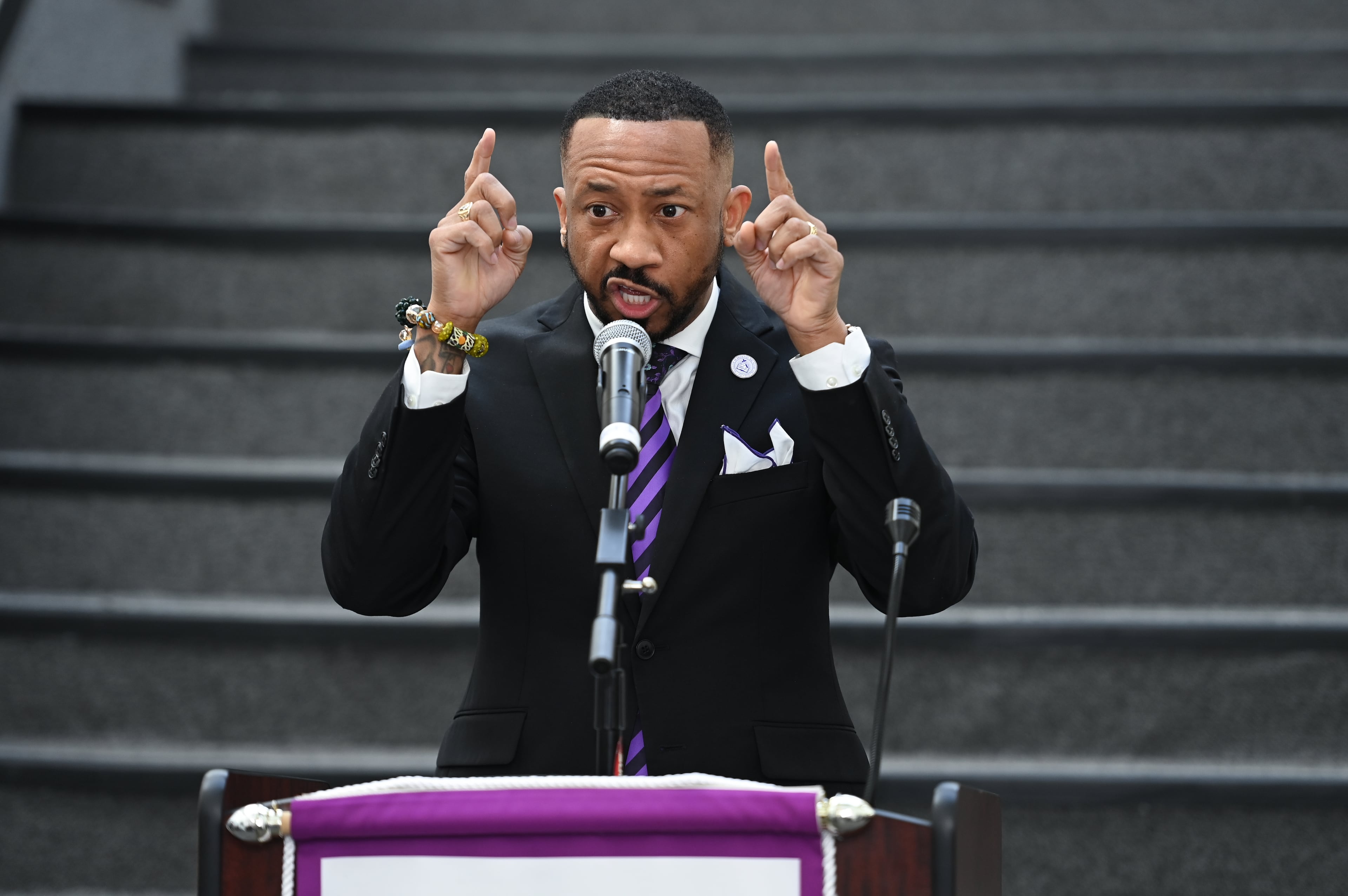OPINION: Affirmative action programs remain under attack

The forces that have been defeating affirmative action programs in America’s colleges — and even a local angel investor group — seem to be headed for a new target: West Point.
Last year, the U.S. Supreme Court struck down race-conscious admissions policies of Harvard and the University of North Carolina.
The court, in that opinion, preserved race as a consideration for military academies, saying they may have “potentially distinct interests” to still use that criteria.
Students for Fair Admission, the group that won the case, quickly returned to court to challenge West Point. In February, the Supremes declined to overturn West Point’s program. But, it added, “The record before this court is underdeveloped.”
Meaning: Come back with a better argument and we’ll give you our 6-3 blessing.
In recent weeks, I’ve seen Facebook ads showing a photo of marching cadets and a question: “Were you (or a family member) recently rejected from West Point? It may be because you’re the wrong race.”
The ad was from Students for Fair Admission, a group formed by Edward Blum, who has fought diversity and affirmative action for decades.
Last month, another of his organizations won a legal battle in the federal appeals court in Atlanta. This time, it was against the Atlanta-based Fearless Fund, a venture capital firm set up to award small grants to Black women. The group’s goal is to help fund fledgling companies owned by Black women, who according to one accounting, receive less than .5% (that’s one-half of a percent) of such funding.
Blum’s group argued that focusing on Black women violated the Civil Rights Act of 1866, which was created to protect newly freed slaves from being cheated while making or enforcing contracts. I guess you can call that Twisted History.
It seemed like Blum was stooping low to smack a relatively powerless constituency. But the law’s the law, especially as divined by Supreme Court Six.
The Harvard ruling has been a call to those who not only want to chip away at affirmative action programs, but who want to toss them all into the dumpster.
After last year’s Harvard decision, a New York Times reporter asked Blum, what’s next?
“All of these preferences, whether it’s in the employment arena, contracting arena, internships — all of that I think will be energized by this Supreme Court opinion,” he told the Times. “And we’re blessed to have this Supreme Court opinion.”

In April, the Federalist Society Review, from the conservative clubhouse that mints future Supreme Court justices, had a long article that indicates minority contracting is the next frontier.
The article notes that a 2023 decision in Tennessee and one earlier this year in Texas, coupled with the Harvard decision, should make “it easier and quicker for plaintiffs to shut down these programs.”
Ed Buckley, an Atlanta attorney who has handled many workplace discrimination cases, told me, “It’s out there and there’s a fever for it, particularly for groups who don’t think people of color should have preferences in any manner.”
Will there be more challenges to minority contracting?
“With the current composition of the court, there will be more,” he said. “It’s a straight-forward decision.”
He does not like the Fearless Fund ruling, although he understands the legal logic: You can’t, by law, limit business to a certain kind of person because of race.
“But (the lawsuit) seems like a bunch of white guys trying to poke them in the eye with a stick,” Buckley said.
More than 20 years ago, attorney Lee Parks successfully sued the University of Georgia to remove race as a criteria for admissions. It has since used socio-economic metrics. In 1996, when he filed the suit, Black enrollment at UGA was 6.6%. It’s now about 7.5%.
UGA’s non-white enrollment was about 12.4% in 2001. It’s now about 35%.
Parks said Harvard lost because it couldn’t describe its admissions process.
“They engineered the perfect class,” he said. “Perfect,” for the diversity standards they wanted, he said, but “they used subjective tools to design the class.”
“This court found the soft underbelly,” Parks said. “If we can’t review (the process) then you can’t use it.”

Parks also successfully sued the city of Atlanta on its minority contracting programs, although he says the city simply dusted off the old program and kept forging ahead.
So, are minority contracting programs cursed with this Supreme Court?
“Yep, they are doomed,” he said. “The city of Atlanta is not an outlier in this. Lots of cities do this.”
Wendell Stemley, president of the National Association of Minority Contractors, told me, “It’s in all of our interests that minority businesses become mainstream businesses.”
Stemley, who runs a construction engineering firm, mentioned former President Donald Trump’s comment at the debate about “Black jobs.”
“He was probably talking about entry-level jobs; most of them come from small businesses,” he said. “If you take (the programs) away, you’ll do away with some of those jobs. If those local firms don’t exist and can’t hire from the communities, then we’re losing a generation of skilled workers.”
“I don’t know what their end game is,” Stemley said of those filing the lawsuits. “I just don’t.”
He noted that the city of Atlanta, with then-Mayor Maynard Jackson, “set up the template” for minority contracting nearly 50 years ago.
In September, Stemley’s organization will hold its annual convention in Atlanta.
I bet they’ll have lots to talk about.



